Really need help identifying this tree URGENTLY
kerry3280
10 years ago
Related Stories
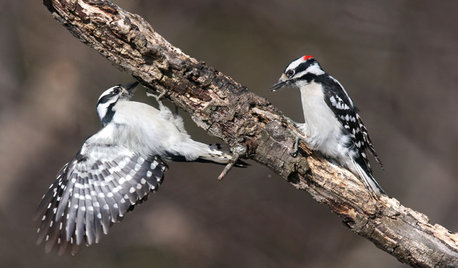
GARDENING FOR BIRDSBackyard Birds: How to Identify Two Common Woodpeckers
Downy and hairy woodpeckers have similar coloration and behavior. But there are two big differences that separate them
Full Story
ORGANIZINGHelp for Whittling Down the Photo Pile
Consider these 6 points your personal pare-down assistant, making organizing your photo collection easier
Full Story
LIFEDecluttering — How to Get the Help You Need
Don't worry if you can't shed stuff and organize alone; help is at your disposal
Full Story
ORGANIZING4 Questions to Help You Organize Your Favorite Photos
Organize your keeper photos with a system that's just right for you, whether it's in the cloud or you can hold it in your hand
Full Story
STANDARD MEASUREMENTSThe Right Dimensions for Your Porch
Depth, width, proportion and detailing all contribute to the comfort and functionality of this transitional space
Full Story
DECLUTTERINGDownsizing Help: How to Edit Your Belongings
Learn what to take and what to toss if you're moving to a smaller home
Full Story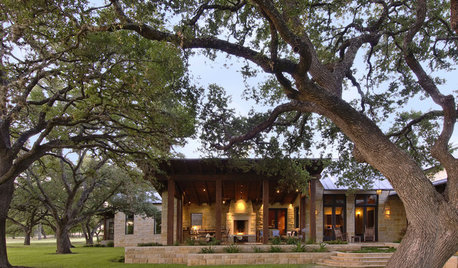
GARDENING GUIDESTree Care: Common Tree Diseases and What to Do About Them
Learn to recognize trees that may be affected by diseases or pests so you can quickly take action
Full Story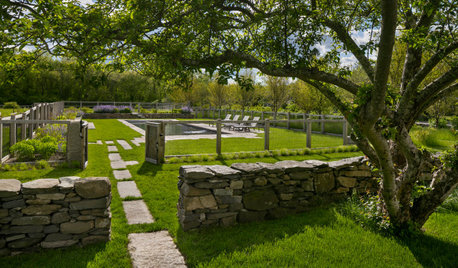
GARDENING GUIDESHow to Keep Your Trees Healthy
Ensure your trees’ vigor for years to come with these tips for protecting roots, watering effectively and more
Full Story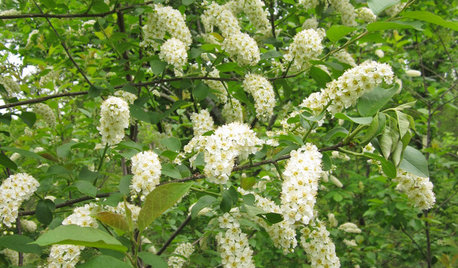
TREESNative Plant Alternatives to Invasive Common Buckthorn
Learn how to identify and control this aggressive plant, and what to grow in its place
Full Story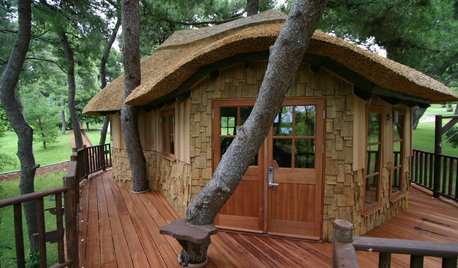
HOUZZ TOURSHouzz Tour: 'James Bond' Tree House in Greece
State-of-the-art gadgets and game consoles make this Athens tree house the ultimate tween play area
Full StoryMore Discussions






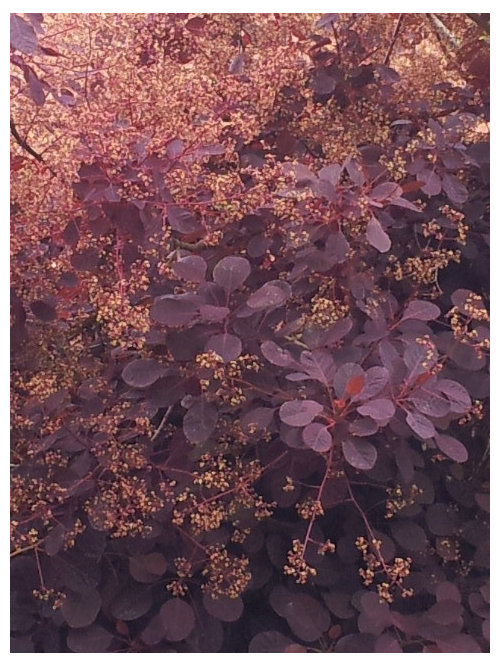

lucillle
ActionClaw (Northern Ohio zone:5a/5b)
Related Professionals
Jackson Landscape Contractors · Ashburn Landscape Contractors · Cliffside Park Landscape Contractors · College Park Landscape Contractors · Federal Way Landscape Contractors · Florham Park Landscape Contractors · Mercedes Landscape Contractors · Shaker Heights Landscape Contractors · Northlake Landscape Contractors · Sun Valley Landscape Contractors · Suisun City Landscape Contractors · Cedar Rapids Siding & Exteriors · North Hollywood Siding & Exteriors · Fort Pierce Decks, Patios & Outdoor Enclosures · Pittsburgh Decks, Patios & Outdoor Enclosuresken_adrian Adrian MI cold Z5
j0nd03
Iris GW
Toronado3800 Zone 6 St Louis
rhizo_1 (North AL) zone 7
gardengal48 (PNW Z8/9)
calliope
lucillle
calliope
Iris GW
calliope
lucillle
ken_adrian Adrian MI cold Z5
Iris GW
Sara Malone Zone 9b
gardengal48 (PNW Z8/9)